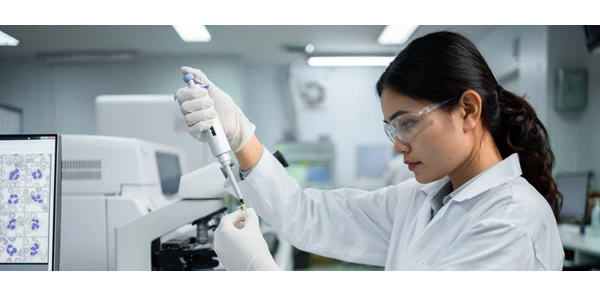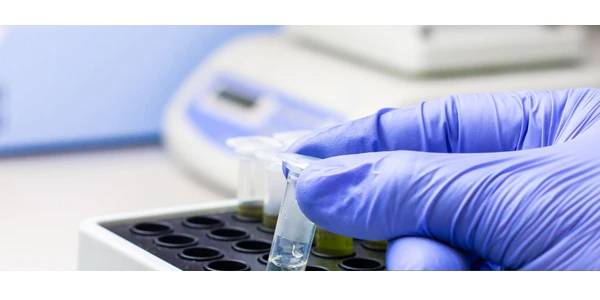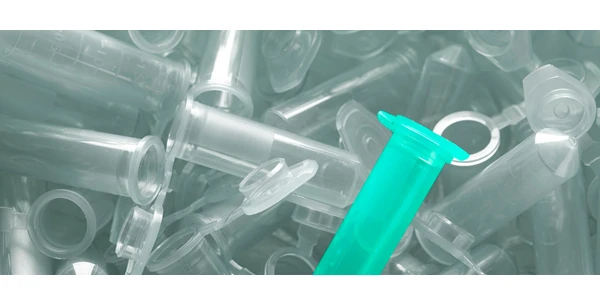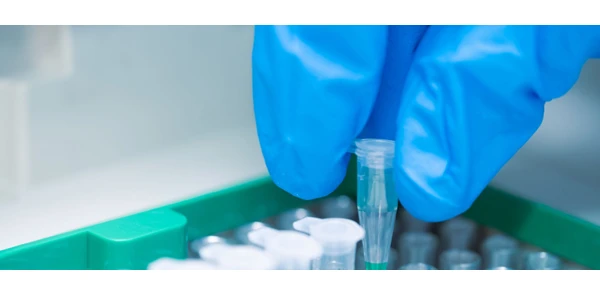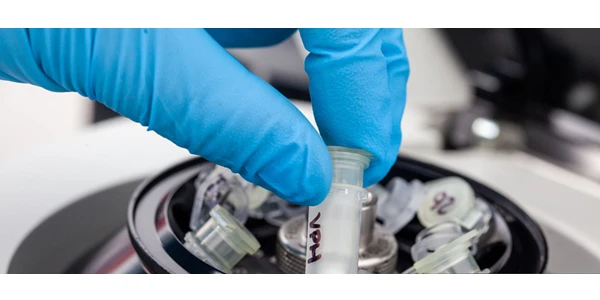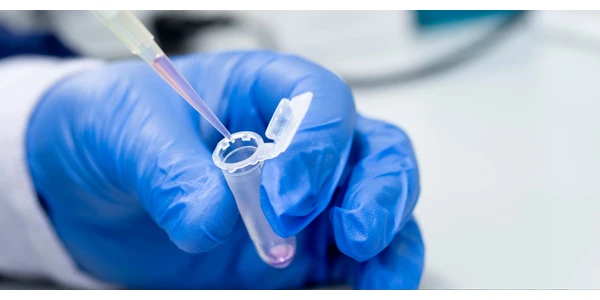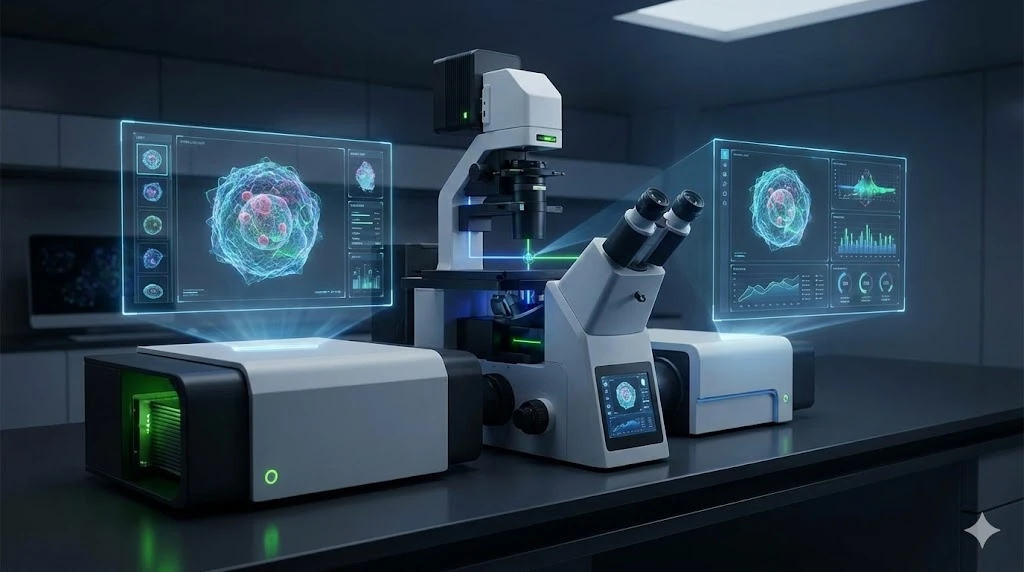SemaCyte Multiplexing Platform Enhances Cell Assay Data Quality
This expansion to the existing SemaCyte Microcarrier platform enables optical barcoding and pooling of adherent cells to augment drug discovery
Semarion
Ltd, a University of Cambridge spin-out company from the Cavendish Laboratory
combining materials engineering and cell biology to tackle unmet drug screening
needs, today introduced its SemaCyte® Multiplexing Platform, an
expansion to the existing SemaCyte Microcarrier platform to utilize optical
barcoding to accelerate screening processes during in vitro drug
discovery. Designed specifically to augment microplate-based high-content
imaging (HCI) approaches, the platform enables in situ multiplexing of
adherent cells using the Company’s proprietary microcarriers, SemaCytes, to
enhance both the quality and speed of data generation. The
SemaCyte Multiplexing Platform uses optical barcodes to tag and differentiate
individual cells and cell types while preserving natural morphology, with each
microcarrier capable of carrying millions of unique identifiers. Each barcode
can be viewed using brightfield microscopy, and digitally deconvoluted using
the Company’s Semalyse software, included within the platform. Cells can be
pooled for complex screening workflows, such as oncology panel screens, and
enables individual cells to be precisely tracked and studied, facilitating
increased throughput and more robust datasets to be generated, and shown to
reduce cost and time requirements by up to 6- and 10-fold, respectively. The
Multiplexing Platform can be used across a broad range of applications,
including target identification, compound screening, and compound profiling. The
Multiplexing Platform has been developed to further leverage Semarion’s
innovative microcarrier technology, SemaCytes, in advancing drug discovery
workflows. SemaCytes are a novel class of cell carriers created to address
fundamental limitations in adherent cell assaying workflows using microchip
fabrication technologies, nanomagnetism, and smart materials. These
well-shaped, magnetically steerable carriers enable controlled movement of
small colonies of adherent cell types and can be directly assayed or stably
cryopreserved for prolonged periods without the need for complex protocols and
specialized equipment. This unique approach to microcarrier design provides
users a streamlined route to conducting cell assays and offers significant
improvements to throughput, resource efficiency, and flexibility. Following
the success of the Early Adopter Program for the SemaCyte Microcarrier Platform
in October 2023, researchers can now apply for early access to the
Multiplexing Platform. As part of the program, Semarion will work in
partnership with early adopters to integrate the platform into existing
workflows. Dr. Jeroen
Verheyen, Co-Founder and CEO, Semarion, commented: “We saw a fantastic
response to our Early Adopter Program for the SemaCyte platform in October
2023, and are pleased to be able to expand the program now to accommodate the
next iteration of that technology, the SemaCyte Multiplexing Platform. Building
on the success of our innovative microcarrier technology, the Multiplex
Platform enables diverse mixtures of cells and cell types to be individually
tagged with unique, optical barcodes, and pooled to maximize screening
throughput, whilst significantly reducing cost and time requirements.” Dr. Del
Trezise, Advisor and Non-Executive Director, Semarion, said: “The
SemaCyte Multiplexing Platform has been specifically designed to address the
limitations of image-based assay techniques. Leveraging optically-barcoded
microcarriers, each capable of carrying over a million identifiers, the
Platform enables researchers to conduct simultaneous image analysis of hundreds
of distinct cell populations from within a single well—demonstrating immense
promise for enhancing the efficiency of cell panel screens.” Dr. Erica
Bello, Head of the Target Discovery Group, The Milner Therapeutics Institute,
commented: “We are currently implementing arrayed CRISPR screens to validate
targets associated with resistance to a pan-AKT inhibitor drug, AZD5363, which
were identified in a pooled CRIPSR screen. We are going to work with Semarion
to see whether their exciting platform can be used to multiplex cancer cell
lines in arrayed CRISPR screens, which could lead to substantial time and cost
savings.”


